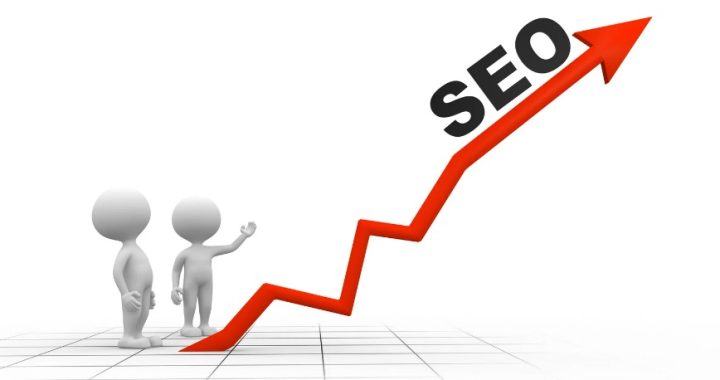What control does any one of us has over happiness?
4 min read
Smile! Make your frown upside-down. Keep your face relaxed to relax; everything will be fine. Stay calm and go on. Keep your mind focused and in positive control. As Bobby McFerrin once sang Don’t be worried. Enjoy yourself. The messages of this kind are everywhere. It appears as if the fundamental belief is to alter your mindset and a happy smile across your face then everything agape near me is okay. The whole “think positive” self-help business appears to suggest that your happiness is under their hands.
Believed in happiness more than just living life to the fullest. Happiness isn’t just a sensation or a state of mind it’s a way to live in the world. It is a form of activity that is good to be precise. Happiness is the result of the way we live our lives and it’s not an emotion or a state of mind.
Addiction And Recovery
He is a Professor of Philosophy and Gender, Women, and Sexuality Studies at Gustavo’s Adolphus College in St. Peter, Minnesota. Her training is in moral philosophy, feminist philosophy, and the work of Ludwig Wittgenstein. Her new book, Life on the Rocks: Finding Meaning in Addiction and Recovery, is published with Central Recovery Press.
In fact, the pressure to be happy is causing many people to be unhappy, which is a perverse irony. So much of what factors into our happiness, and our unhappiness, is beyond our control. This gets lost in much of the self-help industry’s messages.
“Think positive” is a “think positive” approach that tends to define happiness as merely or at the very least the result of a mood or outlook. It is a premise that individuals should be capable of generating, controlling and managing their feelings. It’s our duty to regulate how we react to what’s happening that happen around us.
Desire To Manage Emotions.
This is supposedly characteristic of a mature individual. If we are unable to do this or we remain trapped in a negative state and are blamed for it, then we’re somehow accountable. If we are accountable for our emotions and agape family service that happiness and unhappiness are emotions and emotions, then we are accountable for our happiness and discontent. It is easy to blame someone else who are unhappy. They have a lack of ability or desire to manage their emotions. In an (mis)guided attempt to help these individuals or apply some pressure for change, it is far too easy to slip into a plethora of platitudes. We do can control our emotions However, this is not enough to guarantee satisfaction.
Does happiness mean more than a feeling, or mental state? What else is it? Philosophers have been wrestling with these questions for centuries, and today psychologists are grappling with them too. Aristotle (384 B.C.-322 B.C.) believed in happiness more than just living life to the fullest. Happiness isn’t just a sensation or a state of mind it’s a way to live in the world. It is a form of activity that is good to be precise. Happiness is the result of the way we live our lives and it’s not an emotion or a state of mind.
Fundamental Essential Requirement To Be Successful
Additionally, Aristotle recognized that for people to be content and prosper, they have to possess certain external and internal goods. Aristotle believed that internal goodness is the virtue or good character that is a fundamental essential requirement to be successful. External goods include external good includes wealth and health as well as friends.
Believed in happiness more than just living life to the fullest. Happiness isn’t just a sensation or a state of mind it’s a way to live in the world. It is a form of activity that is good to be precise. Happiness is the result of the way we live our lives and it’s not an emotion or a state of mind. Which is a perverse irony. So much of what factors into our happiness, and our unhappiness, is beyond our control. This gets lost in much of the self-help industry’s messages.
Aristotle notes:
- One can possess all the material things but be completely miserable if they are not the right kind of character.
- People who are of the right type of character may not have the majority of the material goods that are available and still be able to live a healthy life; and
- A person who is not able to access the external attributes and is apathetic, unfriendly as well as insufferable (his word) will be less likely to be a good person and this makes it more difficult, but not impossible to develop virtues (the inside good) essential for flourishing.
- which is a perverse irony. So much of what factors into our happiness, and our unhappiness, is beyond our control. This gets lost in much of the self-help industry’s messages.
- External goods include external good includes wealth and health as well as friends.






